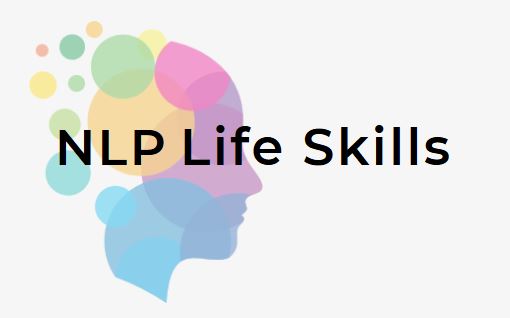The NLP concept that people are not their behaviors is a fundamental principle or presupposition. This idea suggests that a person’s behavior is not a reflection of their identity or worth, but is instead the result of the individual’s unconscious or conscious choices and habits. By recognizing and accepting this principle, NLP practitioners can improve communication, reduce conflicts, and build stronger relationships.
For example, consider a student who struggles with anger management. According to the NLP principle, this student’s behavior is not a reflection of their identity or worth as a person, but rather a result of the student’s unconscious or conscious choices and habits. A teacher who recognizes and accepts this principle is more likely to provide support and guidance, rather than criticism or judgment, leading to better academic performance and a more positive learning experience for the student.
In the workplace, by understanding that colleagues’ behaviors are not a reflection of their identity or worth, team members can work together more effectively and resolve conflicts more easily. For instance, a team leader who recognizes that a team member’s behavior is a little off ,not a reflection of their worth may provide feedback and coaching, rather than criticism or judgment, leading to improved performance and a more positive work environment.
In relationships, the NLP principle that people are not their behaviors can promote empathy, understanding, and forgiveness. By recognizing that partners and family members’ behaviors are not a reflection of their identity or worth, conflicts can be resolved more easily and relationships can be strengthened. For example, a partner who recognizes that their spouse’s behavior is not a reflection of their worth may offer support and understanding during a difficult time, rather than criticism or judgment.
By recognizing and accepting this principle, therapists can help clients understand and improve their behavior, overcome challenges, and achieve their goals. For instance, a therapist who recognizes that a client’s behavior is not a reflection of their identity or worth may provide support and guidance to help the client develop new habits and strategies for managing their behavior.
In conclusion, the NLP principle that people are not their behaviors is a valuable tool for improving communication, reducing conflicts, and building stronger relationships in personal, professional, and therapeutic contexts. By recognizing and accepting this principle, we can foster empathy, understanding, and support, and work together more effectively to achieve our goals. By understanding that people’s behaviors are not a reflection of their identity or worth, we can also reduce self-criticism and improve self-esteem, leading to better mental and emotional health.




